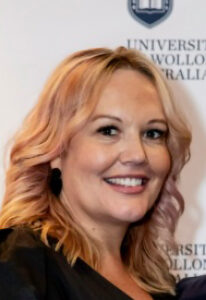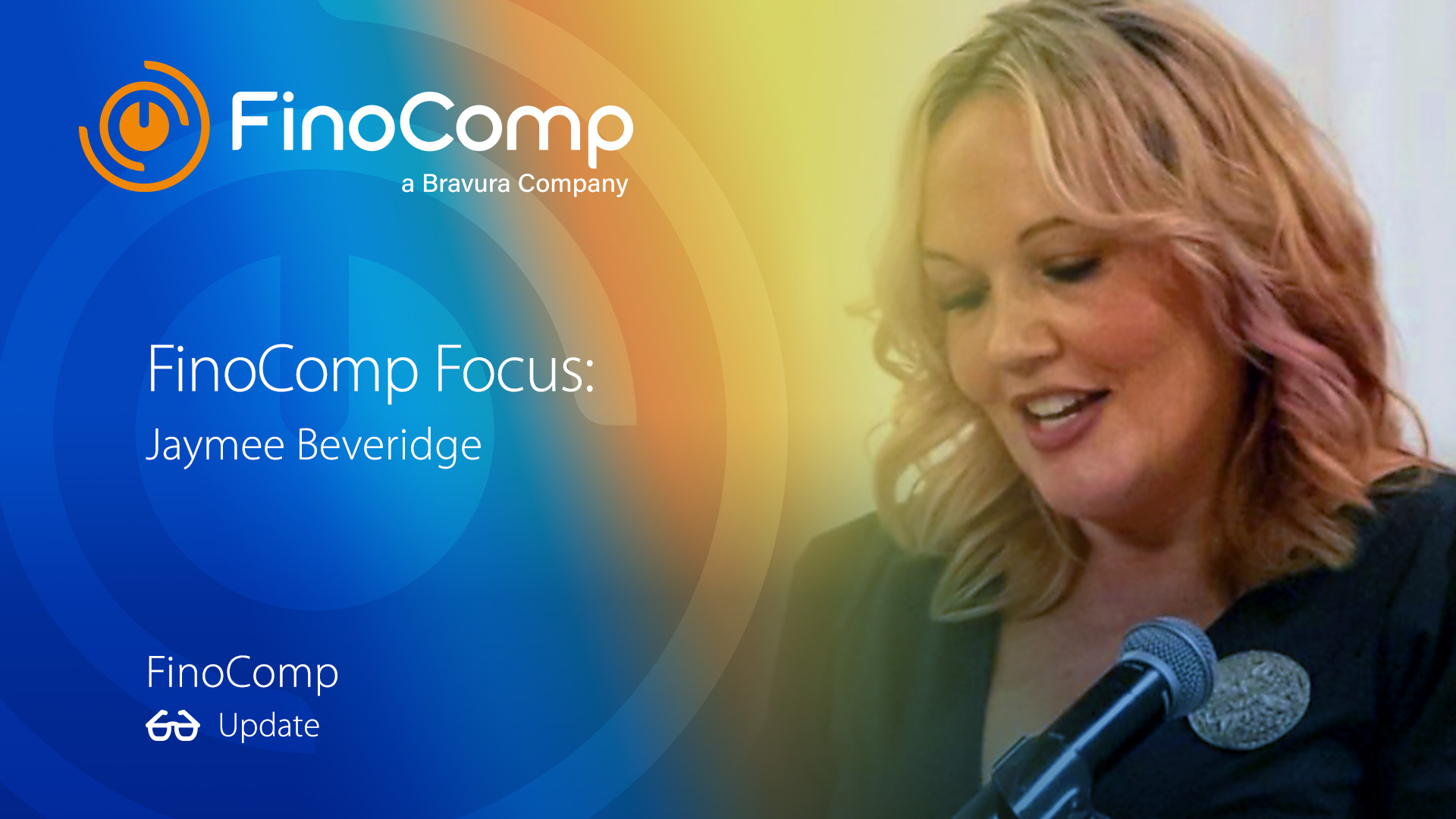Celebrating International Women’s Day

Jaymee Beveridge
What is your role at UOW, how long have you been in the role?
I am the Executive Director Indigenous Strategy and Director of Woolyungah Indigenous Centre (WIC) at UOW. I commenced as the Director of WIC in 2018 and offered the role of Executive Director in 2021.
What do you enjoy most about it?
I came from 15 plus years, working with the nation’s most vulnerable peoples, a deficit based space (that being the Homelessness and Child protection system). So moving into the Higher Education space was completely different and instantly extremely rewarding. The shift to a strength based, outcome prevalent role has fuelled me. I am no longer salvaging and assessing capacity for change – I am seeing people wanting to rid the shackles of trauma and determined to achieve and succeed.
STEM roles are traditionally male-dominated and non- Indigenous, in your opinion what can teach companies and organisations in general do to help “break the bias” in this area?
Lifting the profile of what employment opportunities are available within tech companies and STEM organisations will assist to break the bias, as the notion of ‘You can’t be – What you can’t see’ is a real barrier for our Indigenous students. Showcasing the range of employment opportunities and linking them back to social, environmental and local community impacts will present the younger mob with career aspirations they aren’t necessarily familiar with. So many of our students come through wanting to ‘give back to community’ and to ‘change the space for Aboriginal peoples’ – so drawing out the synergies and translating them into roles that will help achieve these students goals will also help to increase the engagement with STEM.
The Young Indigenous Women’s STEM Academy (YIWSA); is a specialised program designed for young Indigenous women interested in study and career opportunities in (STEM). How can the most be made of these initiatives?
Through enhancing genuine collaborative partnerships between High schools, YIWSA, Universities Indigenous Education Centres, local Aboriginal Communities programs such as YIWSA will work to more effectively as engagement responsibilities are shared and young Indigenous Woman will be more comfortable in these programs. Showcasing these programs more broadly will also enhance the success of these specialised programs.
How important are role models and teachers in this field?
Not important – ESSENTIAL – the premise of having someone you see in roles making change or enrolled and succeeding in Universities and leading spaces in STEM is critical. Profiling and celebrating Indigenous women in STEM through use of platforms that appeal to the younger cohort and showing how these roles contribute and make impact for communities and on a macro scale can really shape the aspirations of younger Indigenous woman/girls.
What do you think are the greatest challenges facing Indigenous pursuing a career in STEM?
Three of the biggest challenges facing Indigenous peoples pursing a career in STEM is the notion of ‘you cant be, what you cant see’ and the lack of clarity and understanding of the abundance of career opportunities that exist within the STEM space. Finally, and probably most importantly, STEM has failed to adopt, acknowledge and embed Aboriginal knowledges and ways of being. Realistically, STEM is only a few hundred years old – Aboriginal knowledges are 45,000 plus – the unashamed ignorance is a barrier however the potential to adopt and embed our knowledges can unlock and open up so many possibilities. Two ways learning (Blak and STEM) can absolutely benefit all humans.


